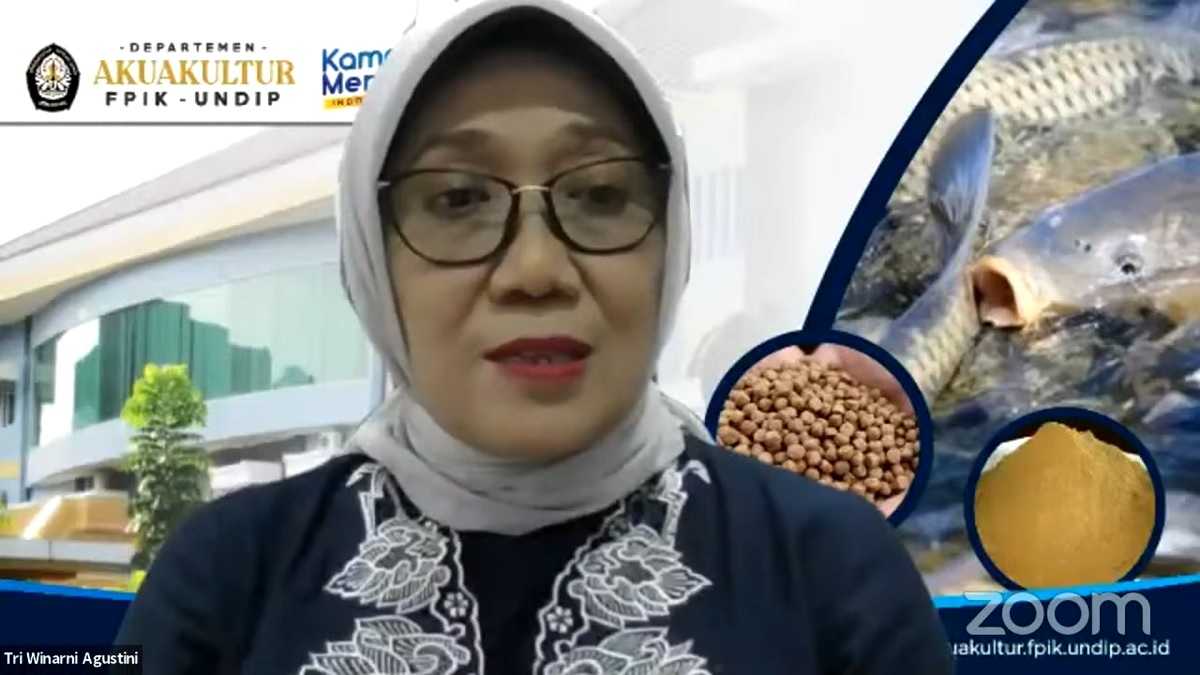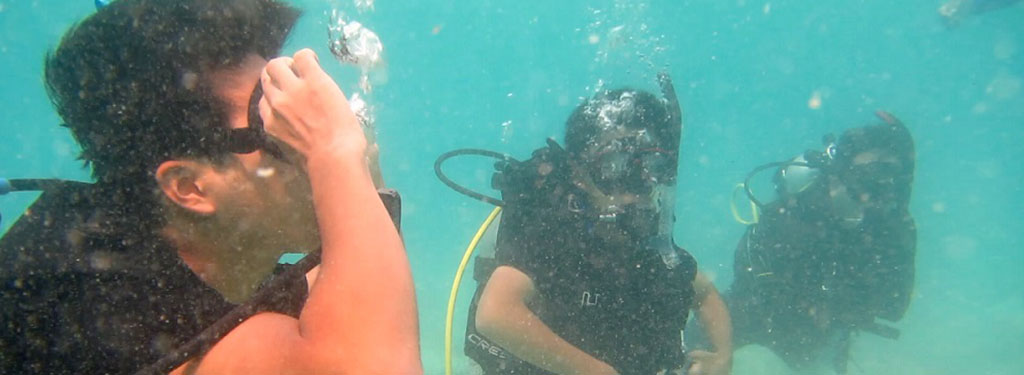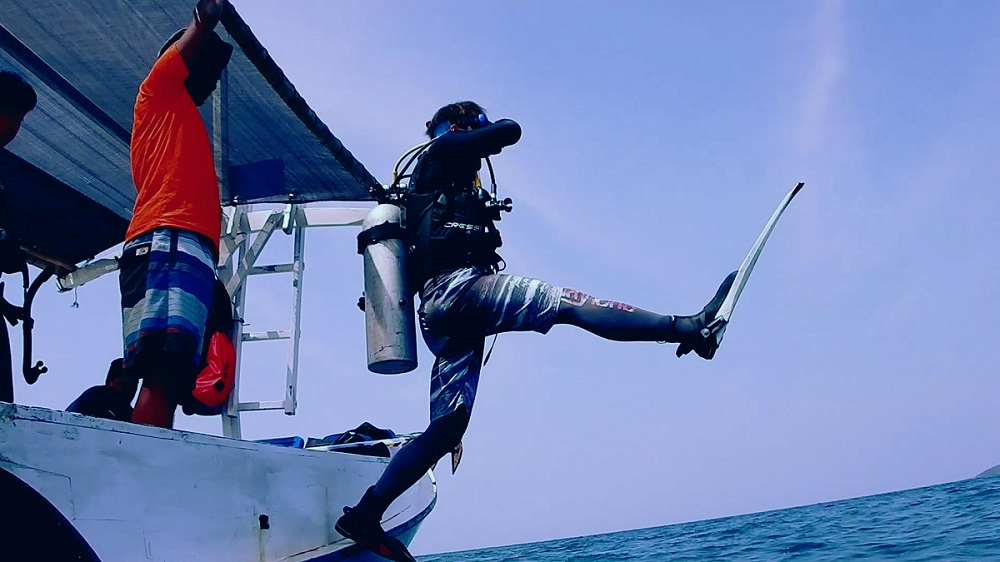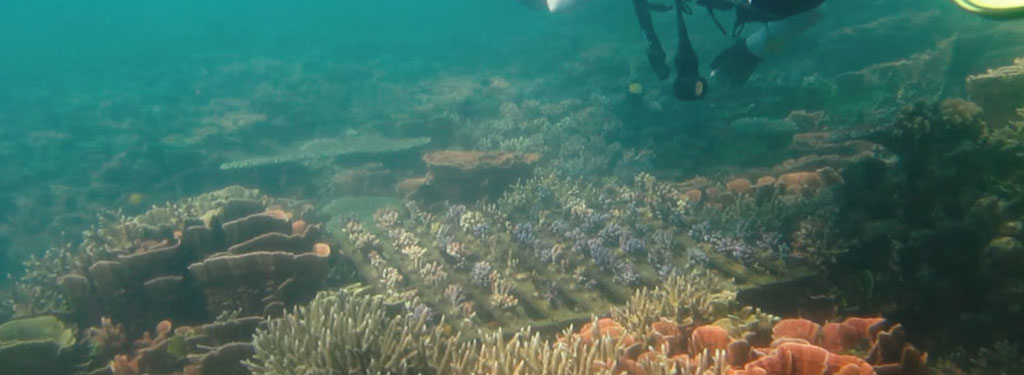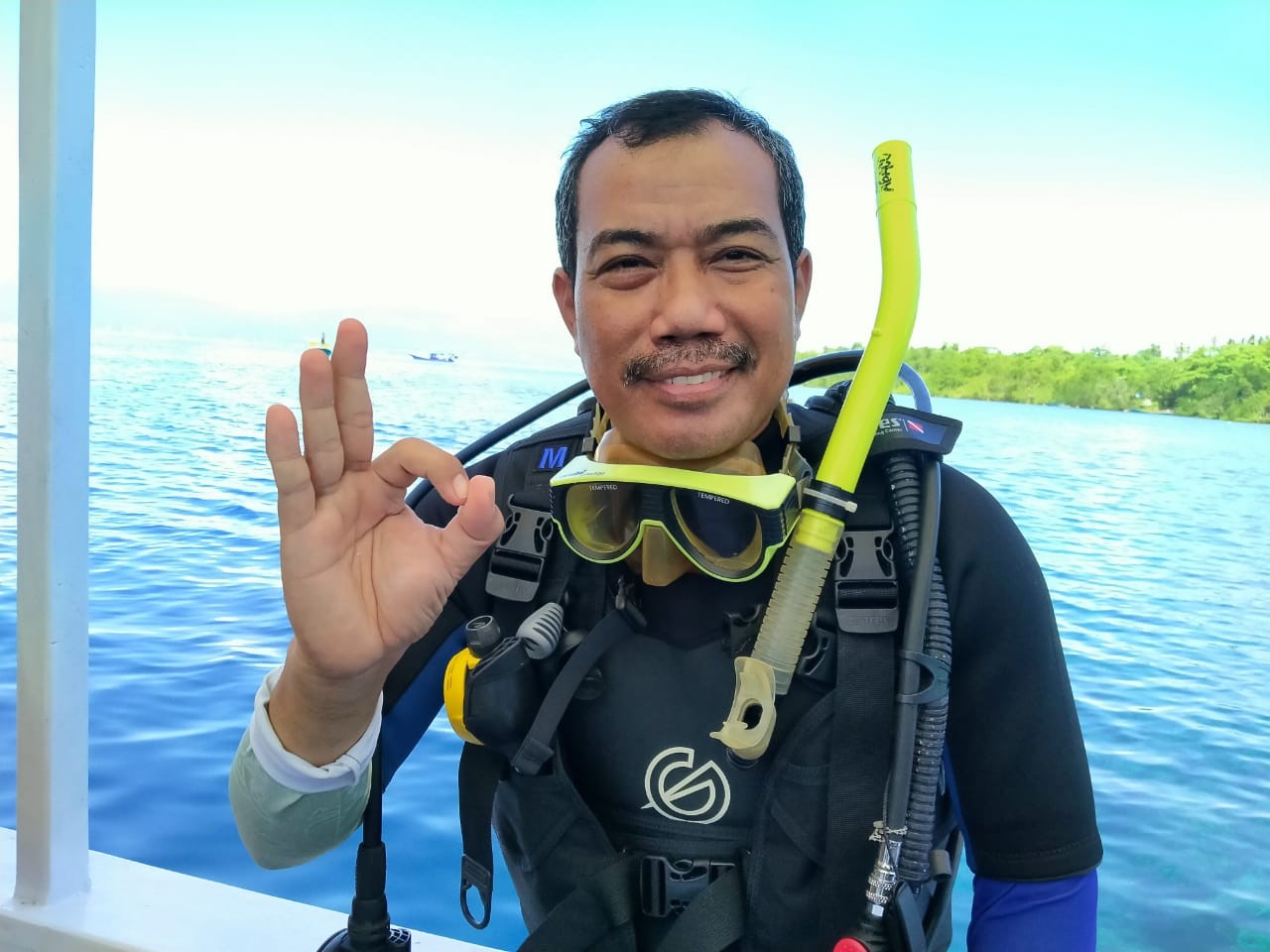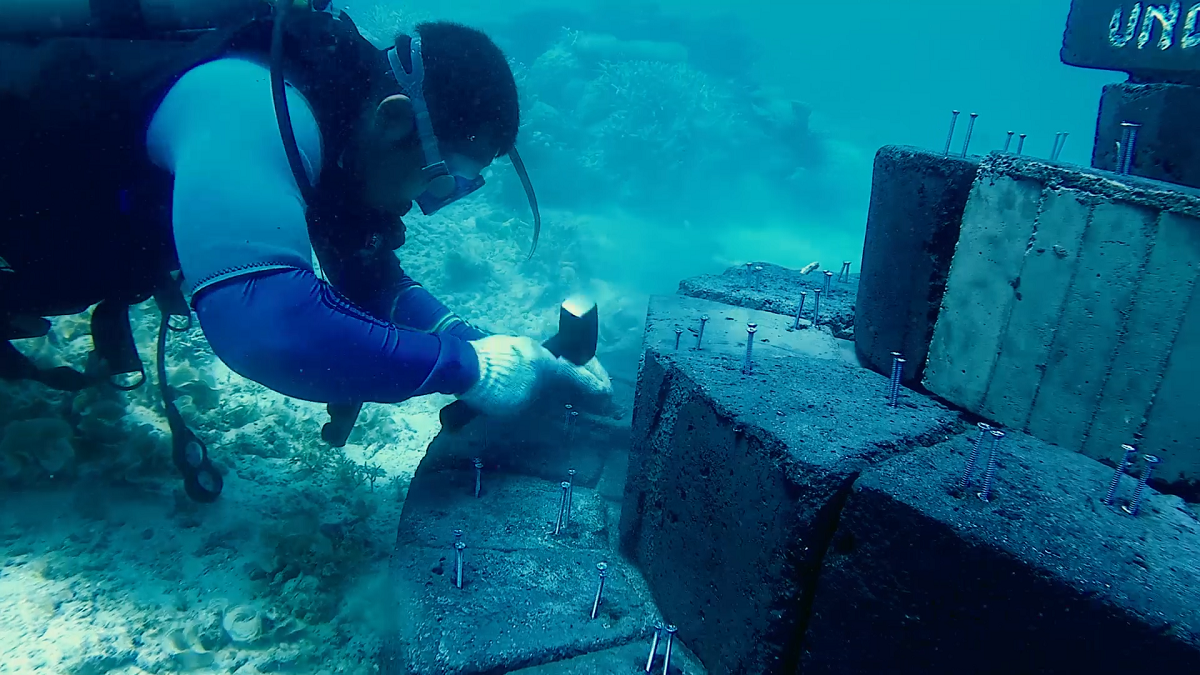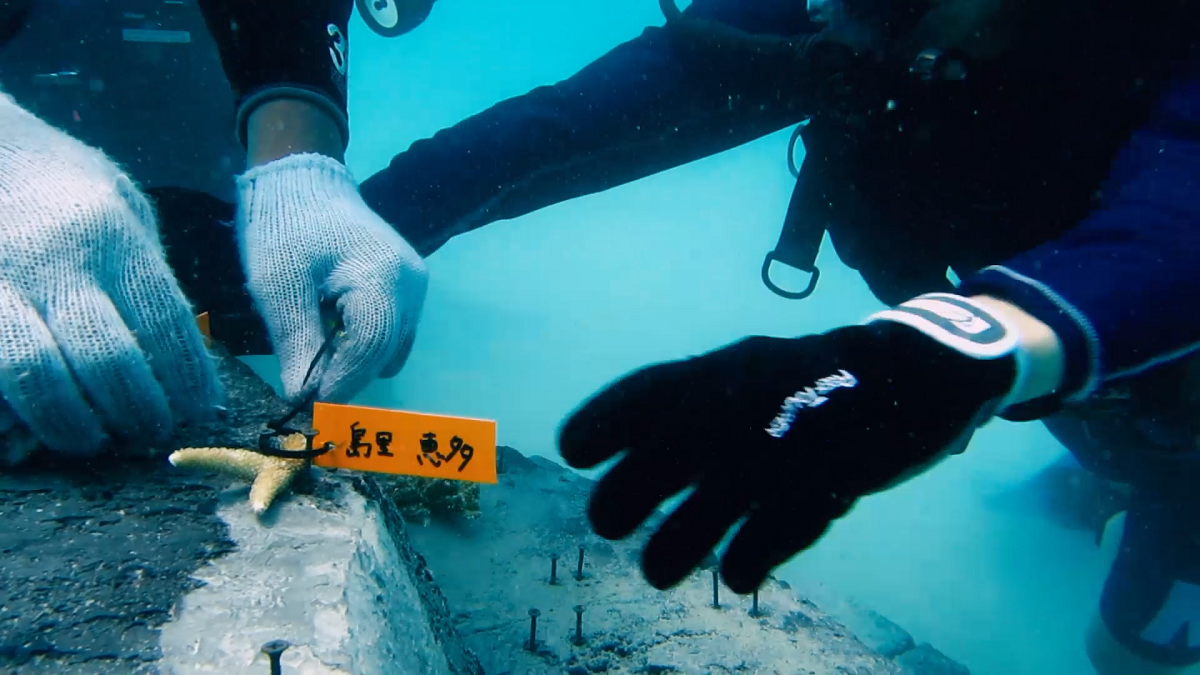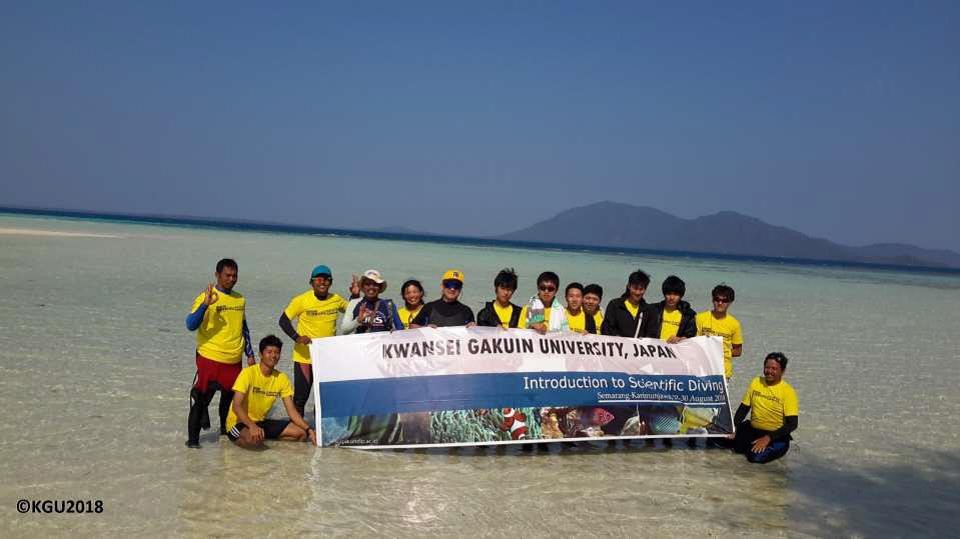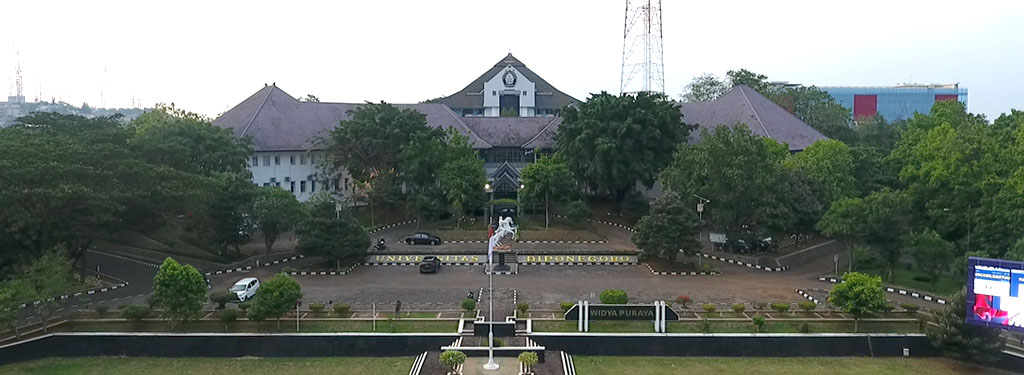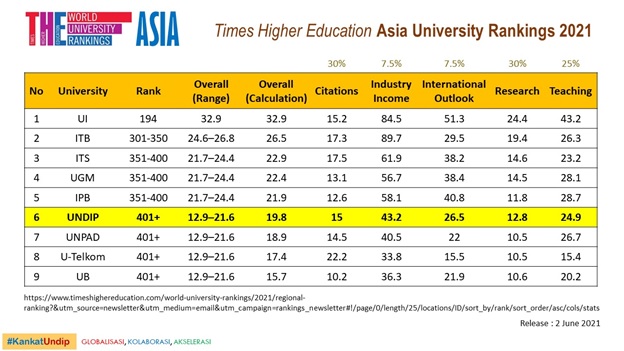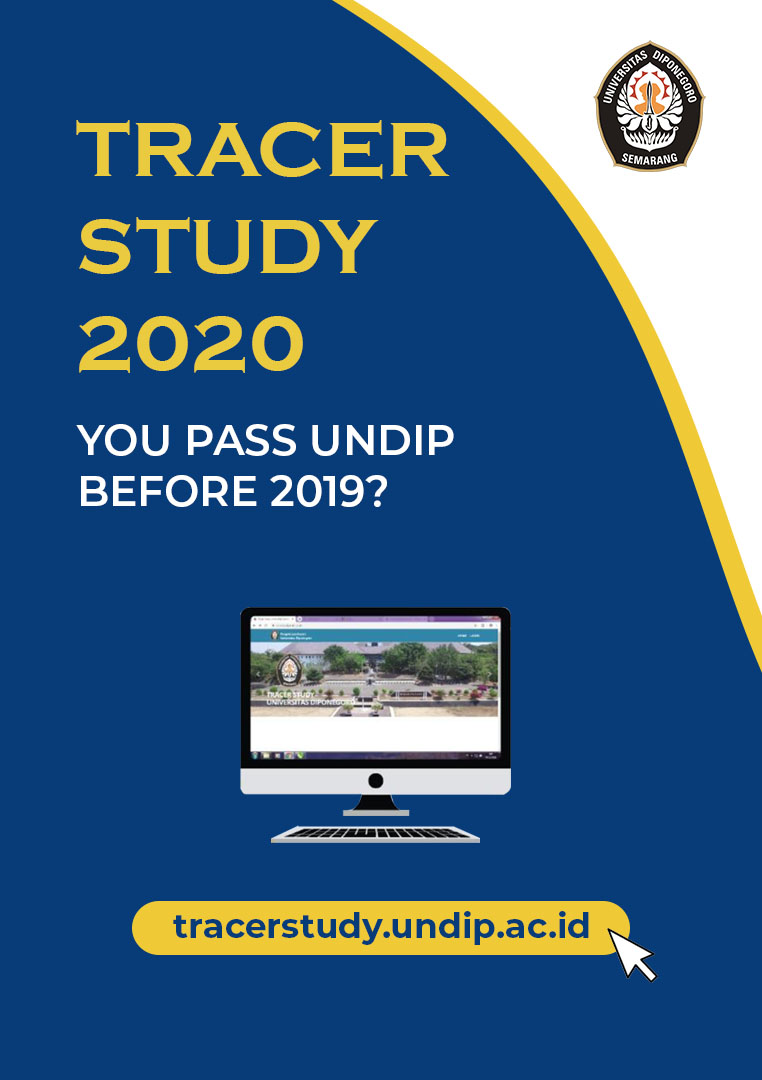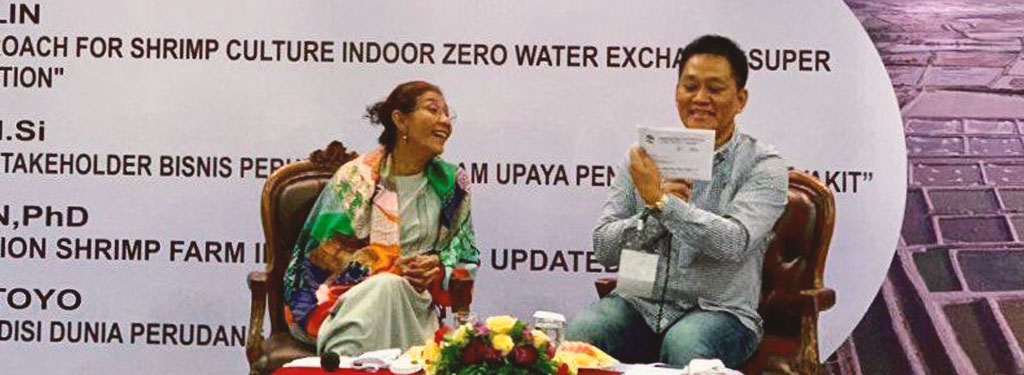
Haris Muhtadi Alumni of FPIK UNDIP, Now Successfully Leading an International Feed Company
FPIK, SEMARANG – Thousands of alumni of Universitas Diponegoro (UNDIP) scattered throughout the country have their own stories of success that they have achieved at this time. To be sure, they claim to be grateful for getting a learning experience at one of the best state universities (State Universities) whose campus is now based in Tembalang, Semarang City. Of course, many joys and sorrows were experienced, in addition to stories that could inspire. One of them is the success story of Haris Muhtadi, an alumni of the Faculty of Fisheries and Marine Sciences, Diponegoro University (FPIK UNDIP). Haris is a figure who since 2018 has been trusted to be the Director of Sales and Marketing at PT CJ Feed and Care Indonesia, a fish and shrimp feed and animal feed company that has factories in Medan, Lampung, Serang (Banten), Batang (Central Java), Jombang (East Java) and Banjarmasin. He is the first batch of students in Fisheries and Marine Affairs.
His career in a company that has 6 factories in Indonesia, 2 factories in Korea, 9 factories in China, 4 factories in Vietnam, and 1 factory in the Philippines is quite bright. In fact, when he was in college, the man who was born in Pati Regency on July 26, 1966, wasn’t feeling great. Registered in the Department of Fisheries at UNDIP in 1984, which at that time was under the auspices of the Faculty of Animal Husbandry and Fisheries, Haris admitted that he was not outstanding in the academic field. He emphasized that studying in the Department of Fisheries was his first choice after graduating from high school. “Fishing is my first choice,” he said. Therefore, even though he admitted that he did not stand out in the academic field, he earned a Bachelor of Fisheries degree in 1989.
“In the past, I wasn’t a student who stood out academically but mostly did outside activities to interact with various groups, types of people, that kind of thinking is what makes me feel useful these days,” said Haris Muhtadi who is also the Chairman of the Association of Animal Feed Companies. (GPMT), when interviewed on Thursday (24/6/2021). High enthusiasm to continue to learn and build networks is one of the doors to success. “One of them continues to update new knowledge even though it doesn’t go through the formal path to become a master’s degree. Self-development can also be obtained through training, short courses, workshops and seminars that are usually followed while we are working,” said the alumnus of SMAN 1 Pati. That’s why, apart from being trusted to be one of the important people in a feed company based in South Korea, since 2016 he has also been trusted to be the Chairman of the Association of Animal Feed Companies (GPMT), an organization where producers of animal feed, fish feed and shrimp feed in Indonesia gather. .
At GPMT, the alumni of FPIK UNDIP is firm in voicing the aspirations of its members so that they can continue to exist and contribute to fisheries and livestock businesses in Indonesia. His experience of being active when he was still at the Diponegoro Campus, influenced the mindset and pattern of action when in a work environment and organization. In his current position as a director of an international feed company, he also has to meet many people, with different backgrounds and from various nationalities. That’s where some of his past experiences that currently feel relevant.
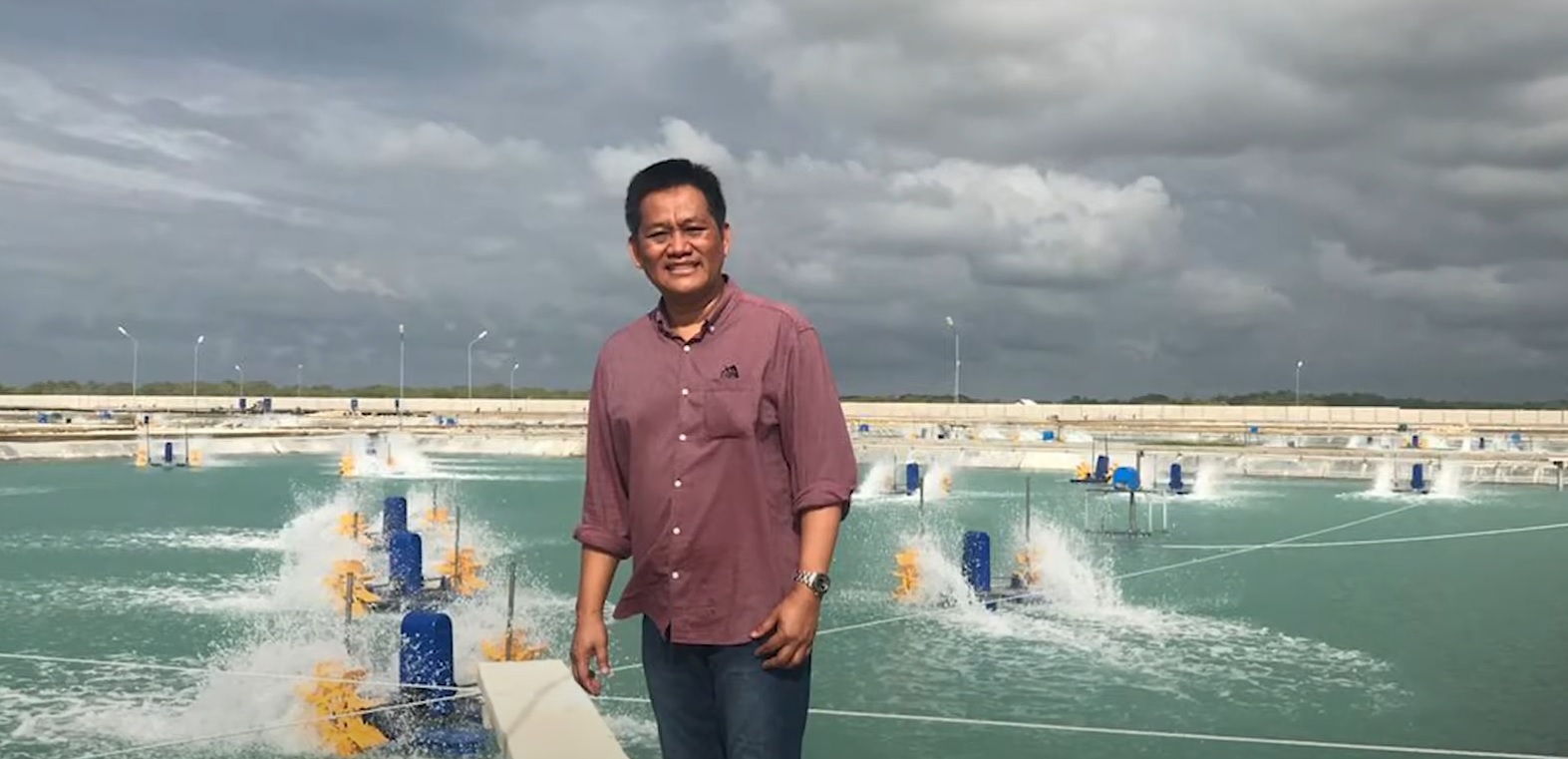
Photo: Haris Muhtadi Alumni of Fisheries and Marine Science Faculty, UNDIP
“It turns out that the key to various business deals is how to convince other parties that our idea is worthy of being bought by the client or customer. So, my message to fellow students and prospective students who want to learn about Marine and Fisheries, especially at UNDIP, try to be more active not only in class and pursue academic success. Learn also from outside the classroom, “he explained. According to him, students who want to study outside the classroom will interact more with as many people as possible with different cultural, ethnic, national and national backgrounds. So that’s where students will get intellectual property. “Broad insight will be a good weapon for socializing. With the breadth of association, helping to increase recognition from the community according to the field of business, indirectly facilitates our work and increases our careers,” he added.
In this Covid-19 pandemic, he also invited students to continue to be creative and stay enthusiastic in learning. He suggested that students improve their foreign language skills, especially English. “Don’t stop learning.” Another thing he advises is not to stop reading books in any field of interest. The availability of communication technology facilities, according to him, makes it easier for us to learn. “If we prepare as best we can and live back to normal, we don’t miss the train, we keep updating the information and knowing the times. The show must go on, Covid-19 is not a reason to stop developing yourself,” said Haris.
To be sure, as an alumni he expressed his gratitude to UNDIP as an institution that helped shape his character and expertise, especially the lecturers and seniors who always guide him. “Not to forget, I would like to thank the lecturers and seniors who have made a very big contribution in my life,” he concluded. (Source: undip.ac.id | Tim Humas UNDIP)



